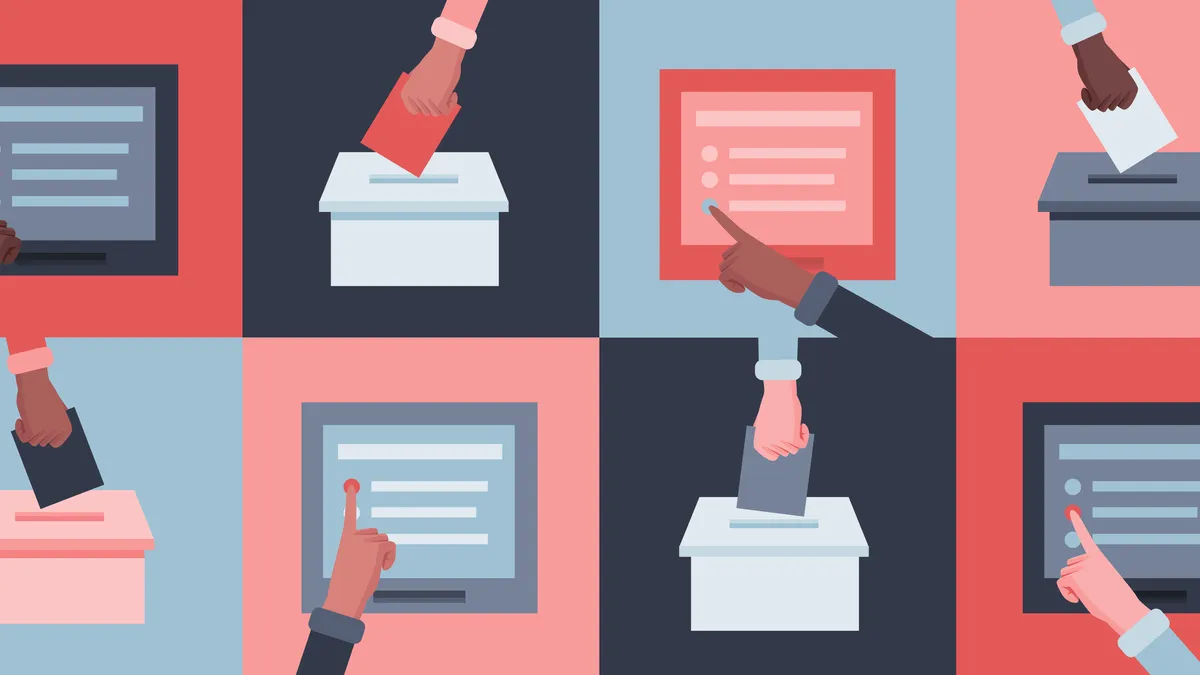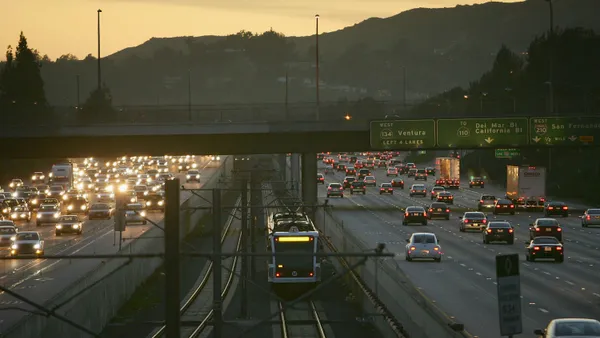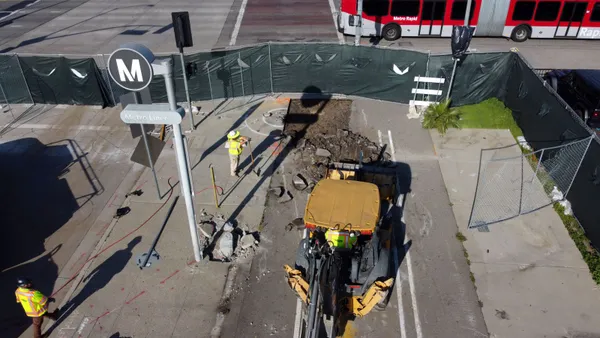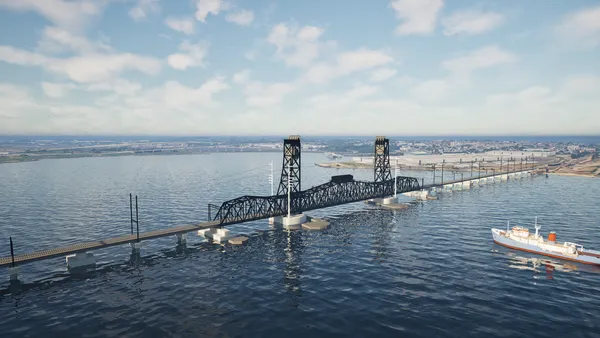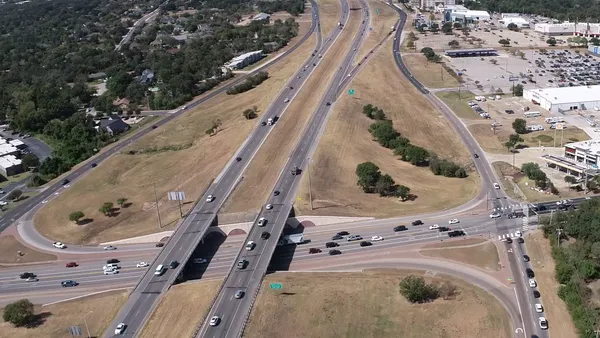No matter which candidates prevailed during yesterday's midterm elections, the fact remains that most local and state governments will continue to struggle to find enough money to fund road and other infrastructure repairs, never mind the cash to launch new initiatives like light-rail or high-speed-rail systems.
And while some voters Nov. 6 were willing to vote with their wallets in the hopes of improving their local or state infrastructure, others weren't so eager. Here's a breakdown of the results of the biggest infrastructure ballot measures across the U.S.
California
Voters in California said "no" to Proposition 6, the measure that would have repealed the fuel tax increase and other fees that are helping fund a $52 billion state infrastructure initiative, including a 12-cent excise tax on gas, a 20-cent excise tax on diesel and a steep increase to the diesel sales tax, as well as an uptick in vehicle and motorist fees.
Supporters of Proposition 6 wanted all new transportation fuel taxes and road usage fees to be subject to voter approval. Opponents were well funded to the tune of about $40 million, in part courtesy of construction industry organizations, in addition to the contractors and vendors that stand to profit from a massive construction program.
Missouri
In Missouri, voters rejected Proposition D, which would have increased the state's fuel tax by 10 cents per gallon. The extra money would not have gone directly to the state's Dept. of Transportation but would have paid for what the department contributes to the state highway patrol, freeing up more money for road and bridge work.
The last time Missouri raised its gas tax, currently 17 cents per gallon, was1996. It remains one of the lowest in the country.
Colorado
Colorado voters rejected two proposals that could have generated billions for transportation projects— Proposition 109 and Proposition 110.
Proposition 109, or the "Fix Our Damn Roads" measure, would have authorized $3.5 billion in bonds to pay for more than 60 projects, including the widening of Interstate 25. The state's general fund would have been responsible for paying back the bond money over 20 years.
Proposition 110 would have seen a 0.62% sales tax increase, the proceeds of which – about $6 billion – would have paid for multimodal projects and repairs and upgrades to roads, bridges and highways.
Florida
While there was no statewide transportation funding measure on the ballot this year, voters in two Florida counties it upon themselves to boost transportation-related funding.
Broward County, home to iconic beach communities like Ft. Lauderdale, has a big problem with traffic congestion. Voters there passed a 30-year tax increase that will not only pay for road improvements but also new bus service, increased para-transit and community shuttle service, construction of bike lanes, smart-signal traffic light technology and road drainage projects in flood-prone areas. Of the total raised, $9 million is earmarked for light rail.
The measure, which is expected to raise $357 million in the first year alone and $15.6 billion during the life of the increase, will see the county sales tax increase from 6% to 7%.
In Hillsborough County in the Tampa area, voters also decided to pay more for infrastructure, passing a 30-year penny increase to the county sales tax, a move that will raise about $276 million a year to help pay for an estimated $9 billion backlog in road improvements and other transit-related initiatives. Effective Jan. 1, the county sales tax will increase from 7.5% to 8.5%, with the extra 10-year, half-cent portion going toward Florida schools.


